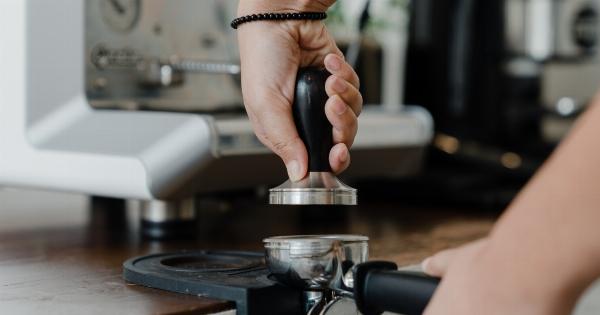For many women, coffee is a daily ritual and a must-have to get the day started. However, when it comes to pregnancy, many women wonder whether drinking coffee is safe for their developing baby.
While there is no clear consensus on the topic, let’s examine the evidence and see what experts recommend.
What are the risks of drinking coffee during pregnancy?
The active ingredient in coffee is caffeine, which is a stimulant known to cross the placenta and reach the fetus. This means that if you consume coffee during pregnancy, your baby will also be exposed to caffeine.
Caffeine consumption during pregnancy has been linked to a variety of adverse outcomes, including:.
- Low birth weight
- Preterm birth
- Miscarriage
- Intrauterine growth restriction
- Stillbirth
However, it’s important to note that these risks have only been observed in studies that used high doses of caffeine, typically equivalent to approximately four cups of coffee per day.
Moderate consumption, usually defined as no more than two cups of coffee per day, does not appear to be associated with increased risk of adverse pregnancy outcomes.
What do the experts recommend?
The American College of Obstetricians and Gynecologists (ACOG) suggests that moderate caffeine consumption during pregnancy is likely safe, as long as it does not exceed 200 milligrams per day, which is equivalent to about one 12-ounce cup of coffee.
However, the organization notes that some women may be more sensitive to caffeine than others and that caffeine intake from other sources, such as tea, soda, and chocolate, should also be taken into account.
The World Health Organization (WHO) is more conservative with its recommendations and suggests that pregnant women should limit their caffeine intake to no more than 300 milligrams per day, which is equivalent to about two 12-ounce cups of coffee.
It’s worth noting that while experts suggest moderate coffee consumption may be safe, many women choose to avoid caffeine entirely during pregnancy to err on the side of caution and eliminate any potential risks.
Other considerations
While the risks of caffeine consumption during pregnancy have been well documented, there are other factors to consider as well.
For example, pregnant women may be more susceptible to the effects of caffeine due to changes in metabolism and increased sensitivity to the substance.
Additionally, drinking coffee can interfere with the body’s ability to absorb certain nutrients, such as iron. This is particularly important during pregnancy, as iron is essential for fetal development and preventing anemia.
Conclusion
There is no clear consensus on whether coffee is safe or not during pregnancy.
However, experts suggest that moderate caffeine consumption, usually defined as no more than two cups of coffee per day, is likely safe and does not appear to be associated with increased risk of adverse pregnancy outcomes. Ultimately, whether or not to drink coffee during pregnancy is a personal decision that should be made in consultation with a healthcare provider.



























